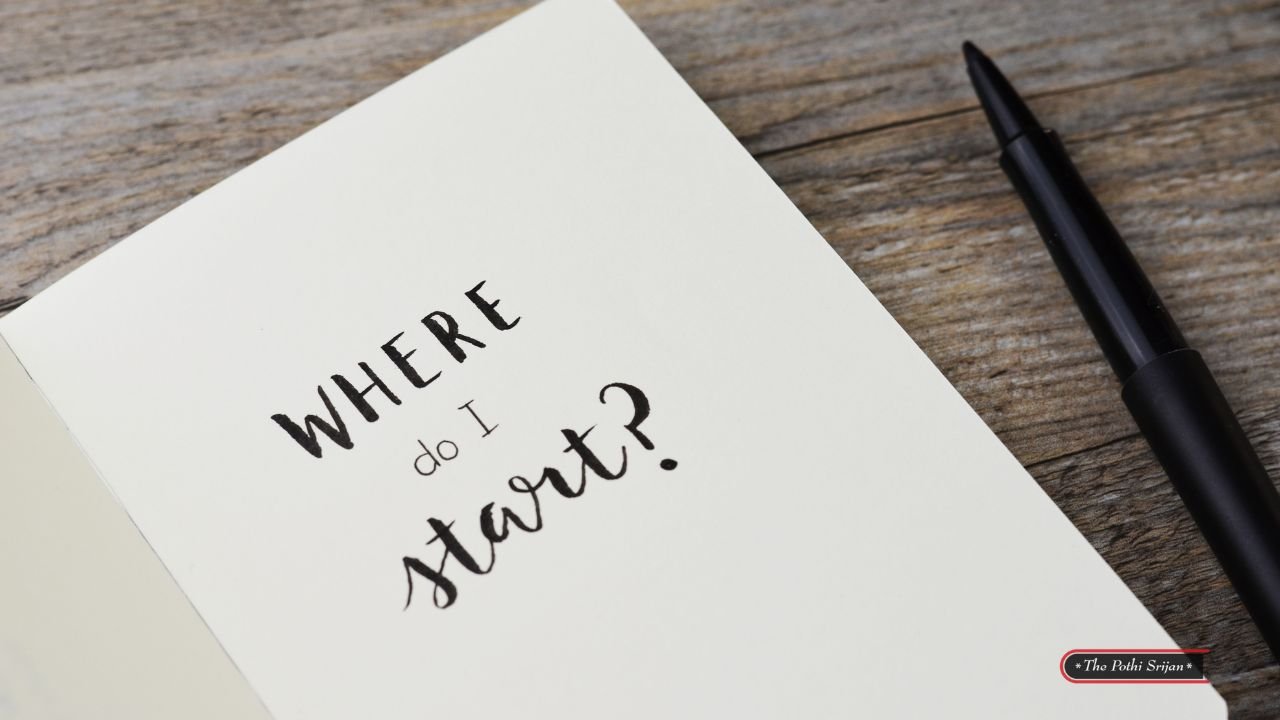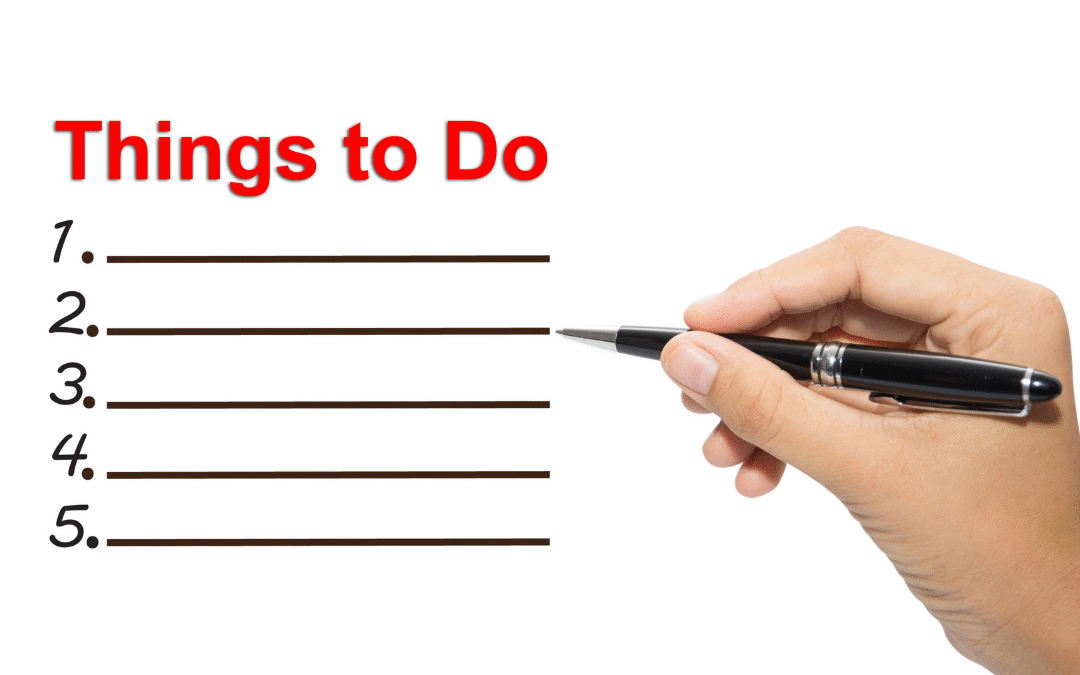You have a story burning inside you, and you’ve finally decided that it’s time to write a book. But where do you start? The thought of beginning such a monumental task can be overwhelming, but with the right approach, you can break it down into manageable steps. Here’s a comprehensive guide to help you kickstart your writing journey.
1. Define Your Idea: The first step is to define your book idea. What is the story you want to tell? Who are your characters? What is the message or theme you want to convey? Spend some time brainstorming and refining your idea before you start writing.
2. Create an Outline: Once you have a clear idea of what your book is about, create an outline. This will help you organize your thoughts and plot out the structure of your book. Outline the key events, chapters, and character arcs to guide your writing process.
3. Set a Writing Schedule: Writing a book requires commitment and discipline. Set aside dedicated time each day or week to work on your book. Whether it’s early in the morning, during lunch breaks, or before bed, find a schedule that works for you and stick to it.
4. Start Writing: With your idea, outline, and schedule in place, it’s time to start writing. Don’t worry about getting it perfect on the first try. The most important thing is to get your ideas down on paper. You can always revise and edit later.
5. Stay Motivated: Writing a book is a marathon, not a sprint. There will be days when you feel stuck or uninspired. Find ways to stay motivated, whether it’s setting small goals, rewarding yourself for milestones, or finding a writing buddy for accountability.
6. Revise and Edit: Once you have completed your first draft, it’s time to revise and edit your work. Revise for structure, clarity, and coherence. Edit for grammar, punctuation, and style. Consider seeking feedback from beta readers or hiring a professional editor.
7. Prepare for Publishing: Once you are satisfied with your manuscript, it’s time to prepare for publishing. Research different publishing options, whether traditional publishing, self-publishing, or hybrid publishing. Consider creating a book proposal or query letter if pursuing traditional publishing.
8. Keep Learning: The writing journey is a continuous learning process. Stay curious and open to feedback. Attend writing workshops, join a writing group, or read books on the craft of writing to continue honing your skills.
Bear in mind, writing a book is a rewarding but challenging endeavor. By taking it one step at a time and staying committed to your vision, you can bring your book to life. So, grab your pen or laptop, and start writing your masterpiece!







